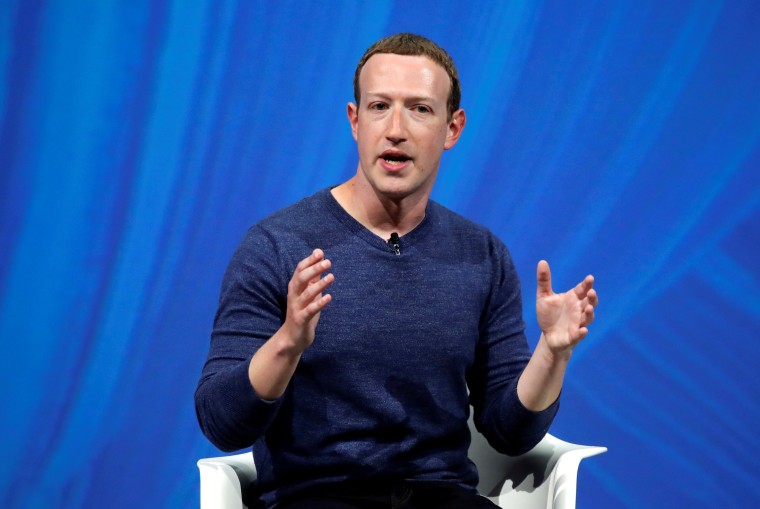Facebook has banned posts that misrepresent how to vote, such as false claims that people can vote by text message.
The social networking company announced the change in policy on Monday, three weeks before the Nov. 6 midterm elections, as voter mobilization efforts are heating up.
Facebook said in a blog post that the change took effect last month and was part of the company’s broader work to prevent Facebook from being used to manipulate elections or launch disinformation campaigns, as Facebook says Russians undertook in 2016.
Facebook said it was introducing an option so that people can report to the company “if they see voting information that may be incorrect.” It also said it has set up dedicated reporting channels for state election authorities to do the same.
The company said its policies had already banned misrepresentations about the “dates, locations, times and qualifications for casting a ballot.”
Russian operatives used Facebook, Twitter and other services during the 2016 presidential race to spread false information including the idea that people can “vote from home,” according to examples of the posts released by Congress.
Facebook said on Monday it would also deploy third-party fact-checkers to review voting-related posts that require additional review. It gave as a hypothetical example a report of a polling location closed due to flooding.
“We’re unable to verify every claim about the conditions of polling places around the world,” the company said.
Facebook said posts that are rated false by fact checkers will be "ranked lower in News Feed" and include additional information written by the fact checkers.
Samidh Chakrabarti, director of Facebook’s elections work, said on a call with reporters last month that Facebook had been running internal tests of how it would prepare for “bad case scenarios,” such as a spike in voter suppression efforts in the days leading up to an election.
